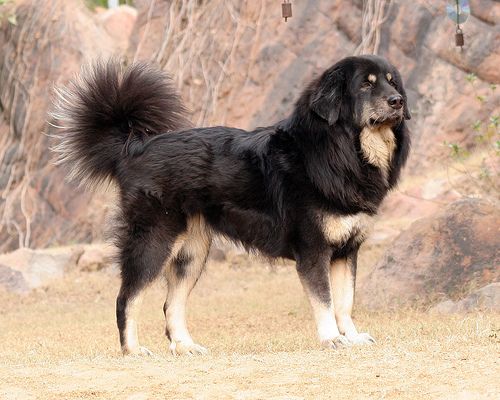About Shetland Sheepdog
The Shetland Sheepdog, often affectionately called a "Sheltie," is a beautiful and intelligent breed known for its striking appearance and devoted nature. Originating from the rugged Shetland Islands of Scotland, these herding dogs have captured the hearts of dog lovers worldwide with their loyalty, agility, and charming personalities. This comprehensive guide will explore everything you need to know about the Shetland Sheepdog, from its history and physical characteristics to its temperament, care requirements, and whether this breed is the right fit for your lifestyle.
History and Origin
The Shetland Sheepdog's history is deeply intertwined with the Shetland Islands, a remote archipelago northeast of Scotland. Bred from a mix of various breeds including the Border Collie and Icelandic Sheepdog, and perhaps even the Pomeranian, the Sheltie was developed to herd sheep and other livestock in the challenging island terrain. Their small size and agility made them ideal for managing the smaller Shetland sheep. Originally known as "Toonie Dogs," they eventually evolved into the breed we recognize today, gaining recognition from the English Kennel Club in 1909.
Physical Characteristics
Shetland Sheepdogs are considered a medium-sized breed, typically standing between 13 to 16 inches tall at the shoulder. They have a long, silky double coat that is their defining feature, with a dense undercoat providing insulation against the elements. Common coat colors include sable, black, blue merle, and tricolor (black, white, and tan), often with white markings. Their lifespan typically ranges from 8 to 13 years. Shelties are known for their graceful gait and alert expression, reflecting their intelligence and herding heritage. They are considered to have low drooling and moderate shedding tendencies.
Temperament and Personality
Shelties are renowned for their intelligence and trainability, making them a joy to work with. They are energetic dogs, with a rating of 4 out of 5, that thrive on mental and physical stimulation. Shelties are extremely loyal and devoted to their families, often forming strong bonds with their owners. While generally good with children (3/5) and other dogs (4/5), early socialization is crucial to ensure they are well-adjusted and comfortable in various situations. They can be somewhat reserved with strangers, exhibiting a natural watchdog tendency, but are typically not aggressive.
Training and Exercise Needs
Shetland Sheepdogs are highly trainable (4/5) and eager to please, excelling in obedience, agility, and herding activities. Positive reinforcement methods work best, as they are sensitive dogs that respond well to praise and rewards. Regular exercise is essential to keep them physically and mentally stimulated. Daily walks, runs, or play sessions in a securely fenced yard are important. Puzzle toys and interactive games can also help to prevent boredom and destructive behaviors.
Health and Care
While generally healthy, Shetland Sheepdogs are prone to certain genetic conditions, including hip dysplasia, progressive retinal atrophy (PRA), and dermatomyositis (a skin and muscle disease). Regular veterinary checkups and responsible breeding practices can help to minimize the risk of these health issues. Their long, silky coat requires regular grooming to prevent matting and tangles. Brushing several times a week is recommended, and professional grooming may be necessary occasionally. Despite the need for regular brushing, their grooming needs are relatively low (1/5) as they do not require frequent bathing.
Is This Breed Right for You?
The Shetland Sheepdog can be a wonderful companion for the right owner. They are best suited for active individuals or families who can provide them with the attention, training, and exercise they need. If you are looking for an intelligent, loyal, and beautiful dog that enjoys participating in various activities, a Sheltie might be the perfect addition to your life. However, it is important to consider their grooming needs, potential health issues, and need for socialization before bringing one home. Be prepared to provide a loving and stimulating environment to ensure your Sheltie thrives.
Temperament
Basic Information
- Size Medium
- Life Span 8-13 years
- Coat Type Silky
- Coat Length Long
Characteristics
Energy Level
4/5
Trainability
4/5
Good with Children
3/5
Good with Other Dogs
4/5
Shedding
3/5
Grooming Needs
1/5
Drooling
5/5
Comments
No comments yet. Be the first to comment!
Upload a Photo
You must be logged in to upload photos.
Compare Breeds
Compare this breed with another to find the perfect match for you.



